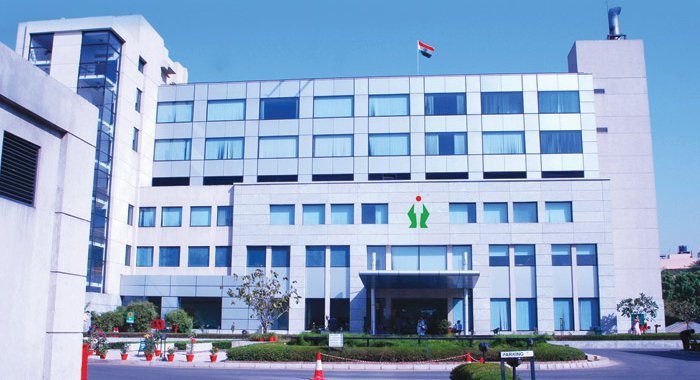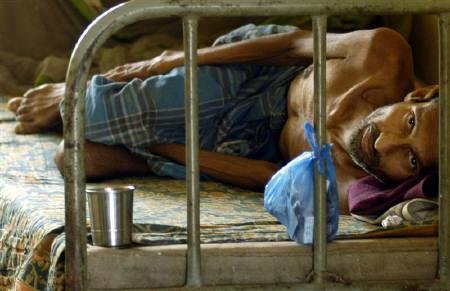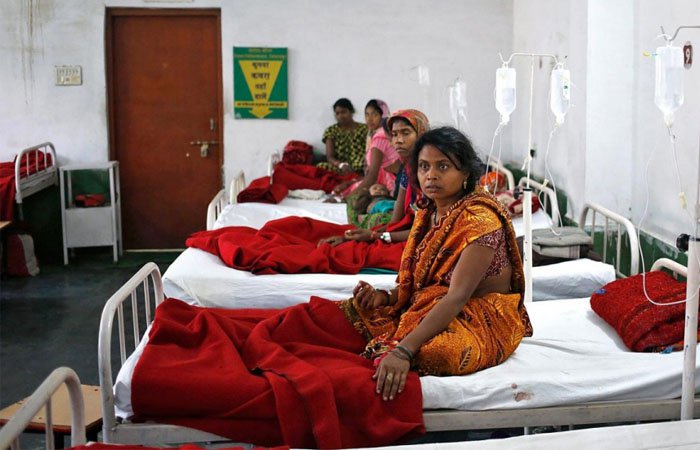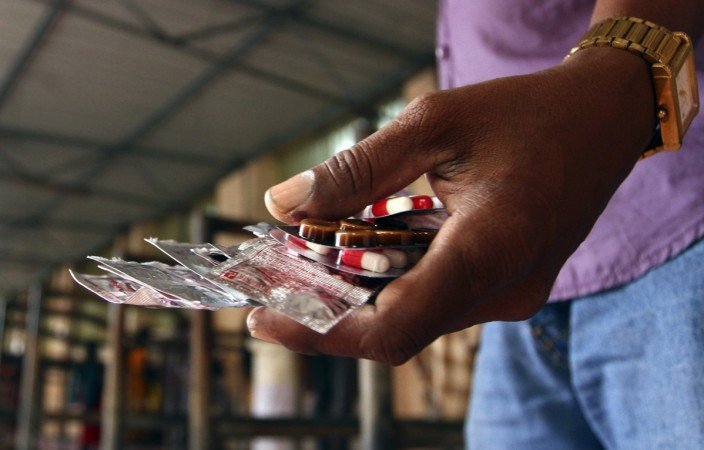The Delhi government has asked five private hospitals in the city, including Fortis Escorts Heart Institute and Max Super Specialty Hospital (Saket), to deposit “unwarranted profits” of over Rs 600 crore for refusing free treatment to the poor, which was the prime condition for leasing land to these hospitals.
Dr Hem Prakash, additional director (EWS) in the Health Department, said these five hospitals—Max Super Specialty Hospital (Saket), Fortis Escorts Heart Institute, Shanti Mukand Hospital, Dharamshila Cancer Hospital and Pushpawati Singhania Research Institute—were provided lands at concessional rates between 1960 and 1990 on the condition that they will treat the poor free of cost.

“These five hospitals have not abided by the conditions. We had sent notices to these hospitals earlier in December 2015, seeking their explanation as to why they failed to treat the poor. But none of them gave satisfactory replies so we initiated action against them,” said Prakash.
The hospitals have been asked to pay the amount by July 9, failing which further action will be initiated against them.
Total 43 private hospitals in Delhi were allotted land at concessional rates on the condition that they will keep 10 percent of their in-patient department capacity and 25 percent of out-patient department capacity to treat EWS patients free of cost.

Fortis Healthcare’s subsidiary Escort Heart Institute and Research Centre has received an order to deposit Rs 503.36 crore for non-compliance of conditions of land allotment lease.
Advocate Ashok Agarwal, a member of the high courtappointed committee monitoring the matter, told The Times of India,
“The recovery amount has been calculated from the date when the hospital became operational to March 22, 2007, when the high court passed final orders on a PIL demanding implementation of the provision of free treatment to poor and action against the erring hospitals.”
Currently, there are 640 beds for EWS patients across 42 hospitals in the city.

“There are liaison officers who ensure compliance in the hospitals. The occupancy has improved; around 60 -70 percent beds are usually occupied. However, there are a few hospitals who are regular defaulters,” a Delhi government official told the Hindustan Times.
But most of the beds for the EWS rarely get used because at least 50 percent of the cost of any treatment usually goes towards medicine and consumables, which the poor cannot afford.

However, none of the hospitals seem interested in paying up and have said that they will challenge the order in the Delhi High Court.
Devki Devi Foundation, of which Max-Super Speciality Hospital in Saket is a unit, said, “We believe the order is unfair to us, we stand fully committed to discharging all our obligations towards economically weaker sections (EWS). We are extremely serious towards fulfilling our obligations. While we study the order in detail, we will prefer an appeal against this order in the appropriate forum.”
Suversha Khanna, director of Dharamshila Cancer Hospital, also said that they will challenge the order in the court while representatives of Pushpawati Singhania Research Institute and Shanti Mukand Hospital could not be contacted.
(With inputs from PTI)

















